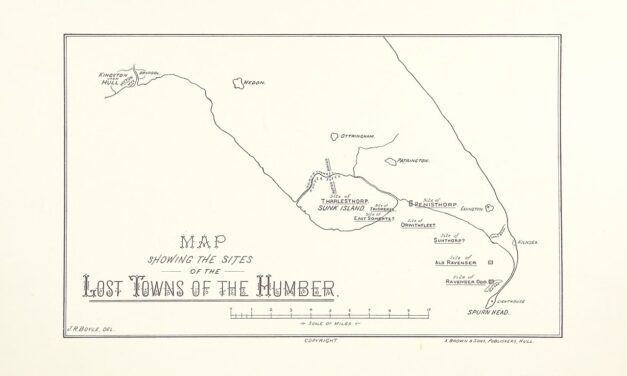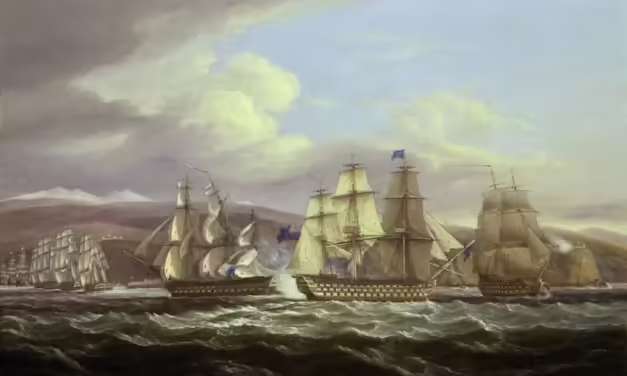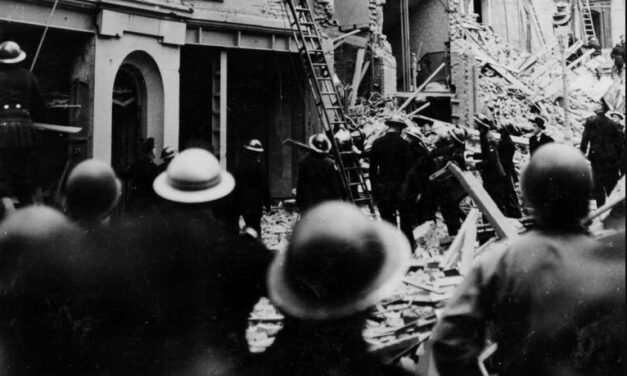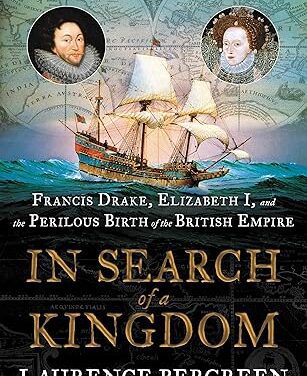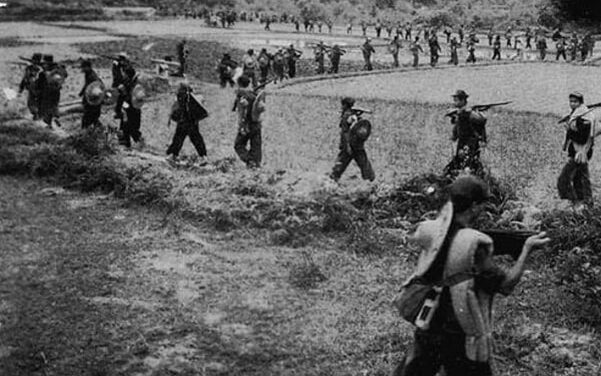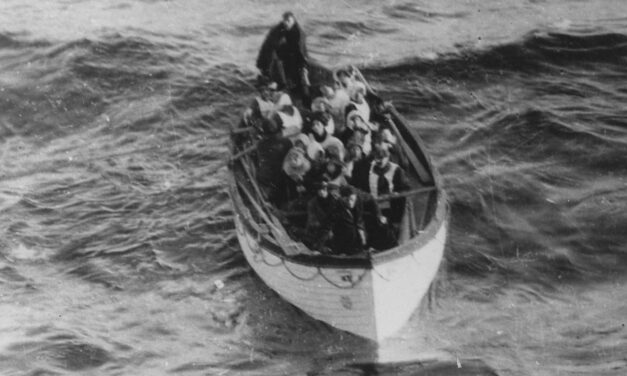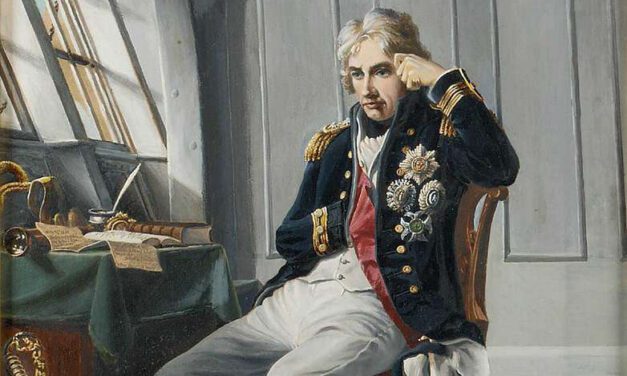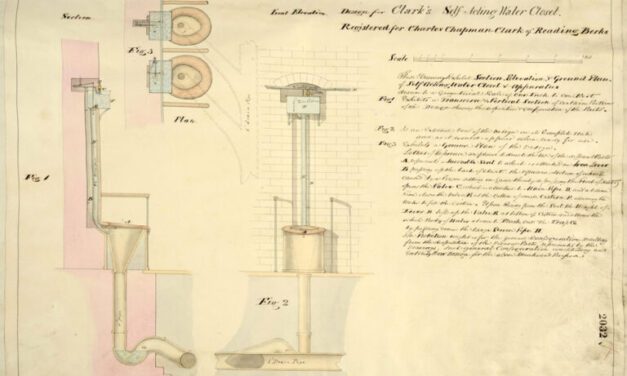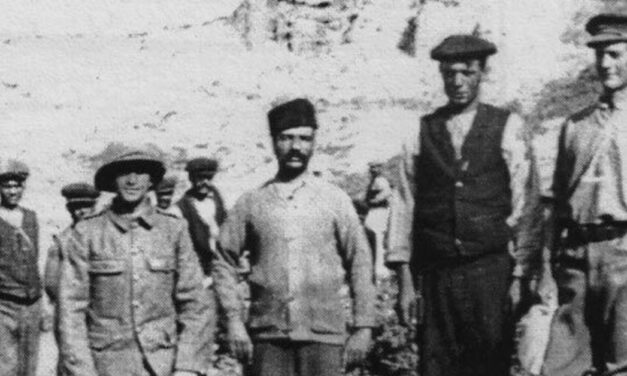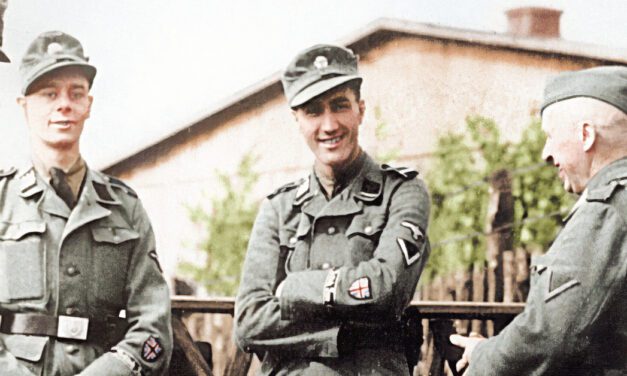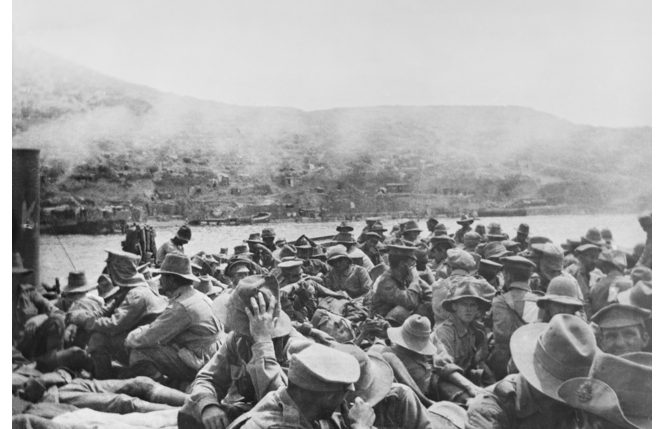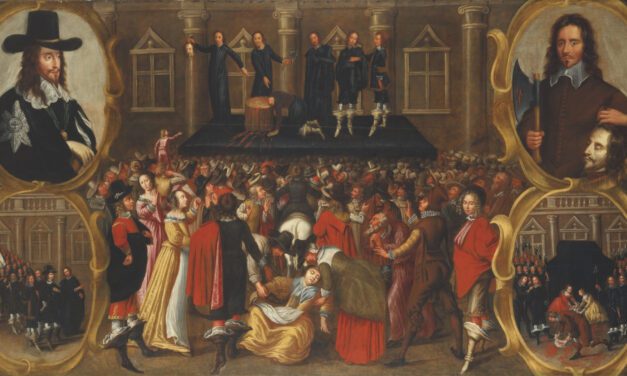The birth of Ravenser Odd
Reading time: 8 minutes
In 1290 there was an investigation into their complaint and the records of that investigation still survive. The people of Grimsby told the king’s investigators that in the time of King Henry III ‘a certain small island was born’, the distance of ‘one tide’ from Grimsby, and fishermen began to dry their nets there. One day a ship was wrecked on the island, and someone made a cabin from the wreckage and began to live there. That man, the first permanent resident of this new land, began to sell food and drink to passing sailors.

